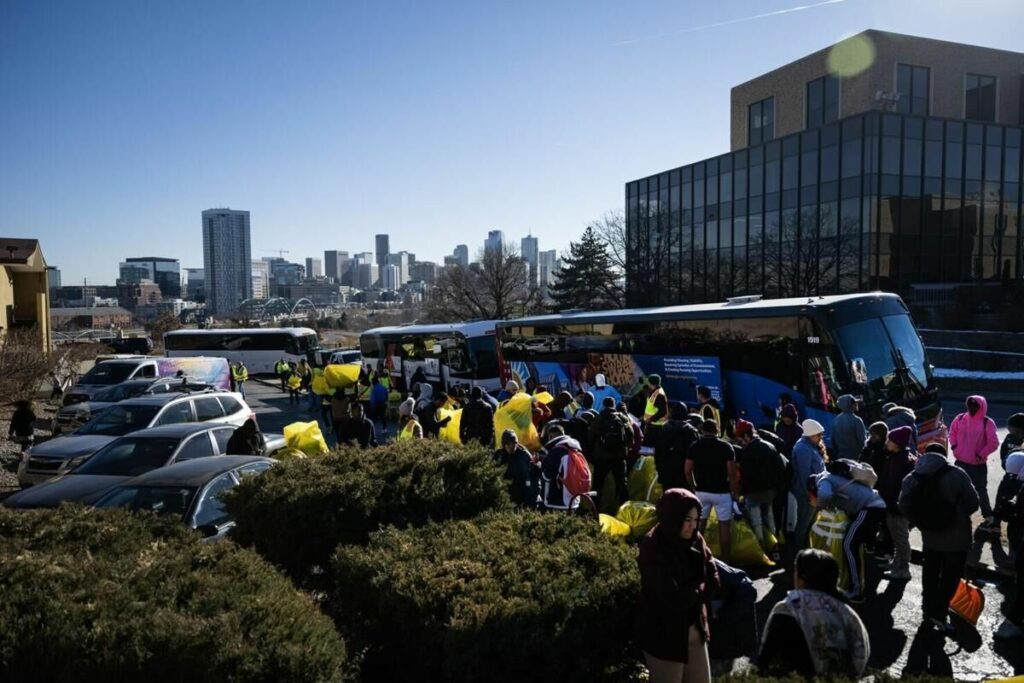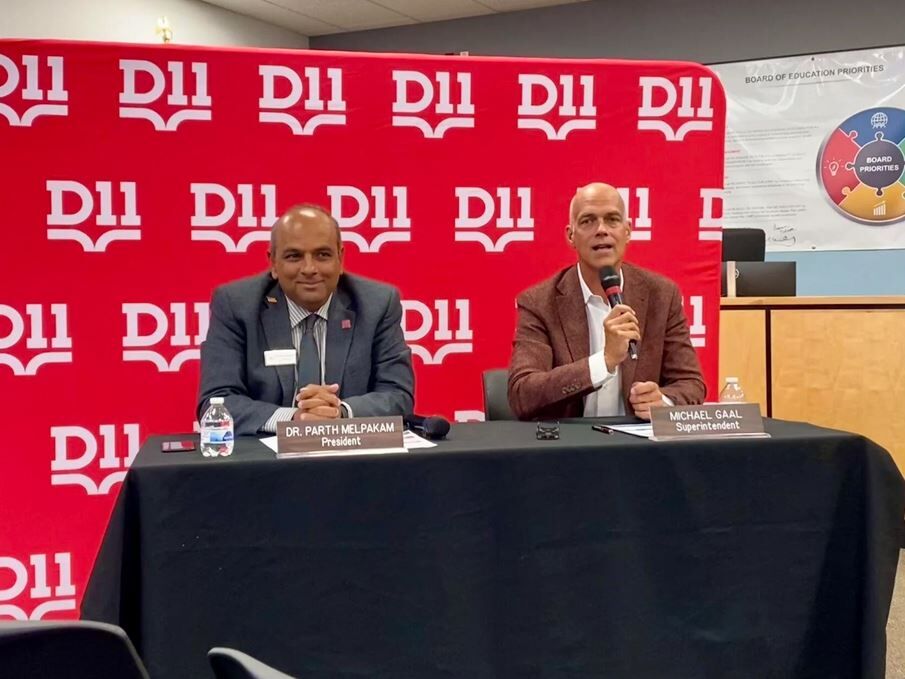Grand Junction Daily Sentinel: Test scores are as bad as we feared
There was a fear during the COVID-19 pandemic that American children would fall behind academically due to the significant disruption to schooling. Results from a new national test confirm that our students have had a major learning setback. The next step is to figure out what to do about it.
The test, called the National Assessment of Educational Progress – known as the “nation’s report card” – is given to hundreds of thousands of fourth- and eighth-graders across the country. Students sat for the test this year for the first time since 2019.
The results show a widespread drop in both math and reading across every region. Math in particular saw the largest decreases ever recorded by the National Assessment. No state saw a notable improvement in its scores.
“It is a serious wake-up call for us all,” Peggy Carr, commissioner of the National Center for Education Statistics, a branch of the Education Department, told the Associated Press. “In NAEP, when we experience a 1- or 2-point decline, we’re talking about it as a significant impact on a student’s achievement. In math, we experienced an 8-point decline – historic for this assessment.”
Some studies have shown a connection between online learning and a decline in academic performance, though the NAEP results are less clear. Still, we think District 51 made the right call to get kids back in the classroom as quickly as possible.
There will have to be more studies, but it seems obvious that online learning was never going to deliver the results that in person learning did. Not to say that online learning won’t have a place, but we’ve developed our education system for decades around the classroom. Going remote was bound to have a big impact and now we have the data showing just how deep a hole we are in.
The important question now is what to do to address this situation. We have to get these students back up to speed or the consequences will be felt for years, if not decades. A larger percentage of academically underachieving students will become adults that earn less and have more difficulty establishing stable lives. That will have societal implications.
Some parent groups are advocating for more individualized plans to address students who are struggling. That sounds interesting, and we’ll be listening to what parents, teachers and experts think will have the biggest benefit.
We keep coming back to early childhood education as key. It won’t help these students get back where they need to be, but it would help the next generation from falling behind.
It hasn’t been that long since we’ve changed our entire social contract. It used to be that a parent would be at home to help raise the younger children before they were school aged. That changed with most families sending both parents to work, but we didn’t change our education system.
We need to look at providing childcare and education at a much earlier age. Every study confirms that children who get early childhood education do better long-term in school and life. We need to make that accessible for every child. We have a big problem with education in America and it’s going to need a big effort to address it.
We know Zoom class isn’t it.
Grand Junction Daily Sentinel Editorial Board













